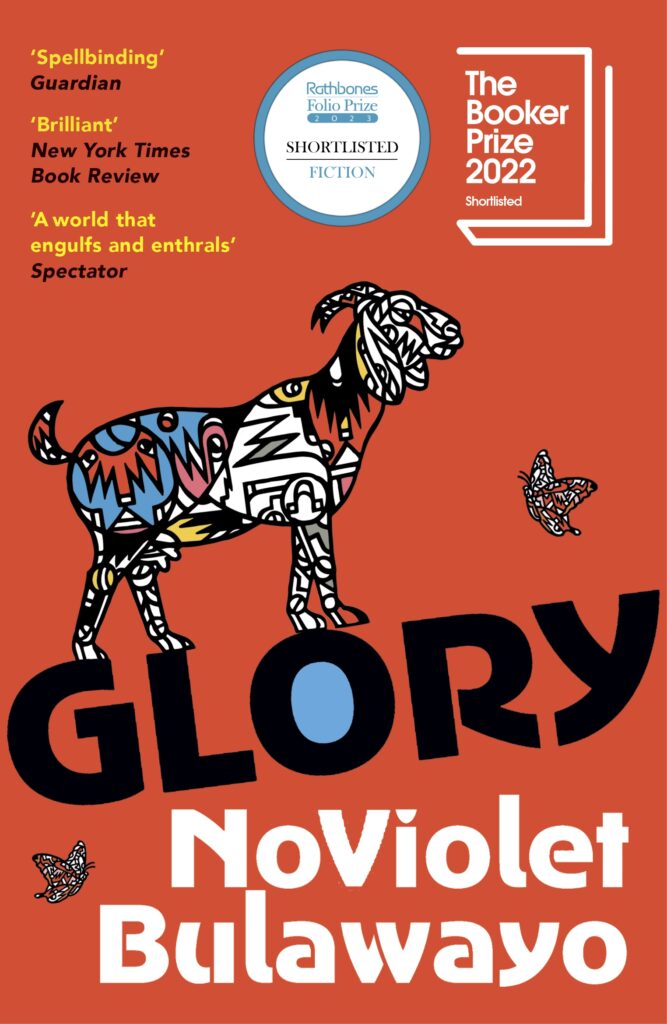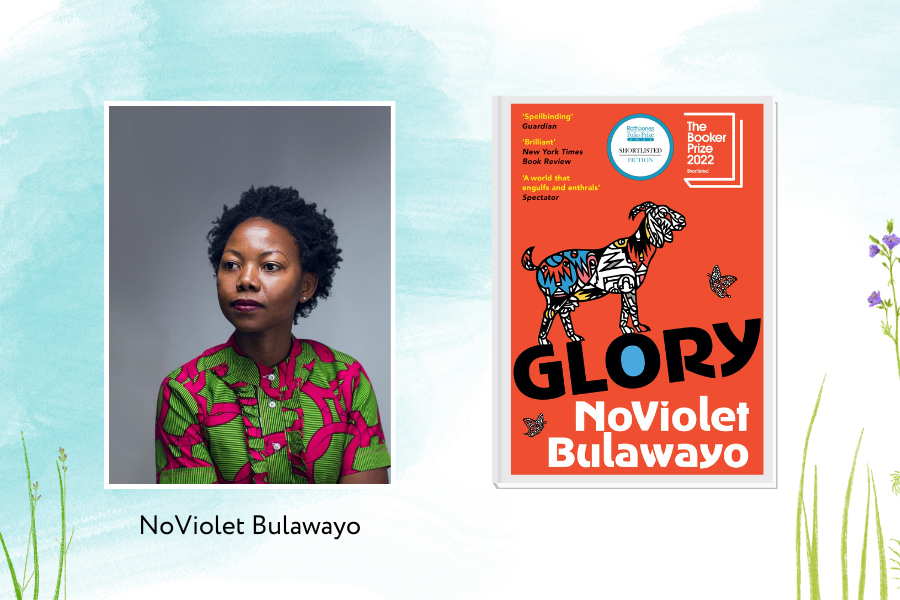Meet NoViolet Bulawayo, author of the Women’s Prize 2023 longlisted novel Glory. The Guardian described this book as “allegory, satire and fairytale rolled into one mighty punch.”
The premise of this book is powerful and unique, so what was the inspiration behind the novel? We grabbed a quick five minutes with each of the authors behind the longlisted books to ask that question and more…
Describe your novel in one sentence as if you were telling a friend.
Jidada, a nation of farm animals, languishes in an inescapable cycle of tyranny; the day they lose their fear is when they realize they are in fact, more powerful than their oppressors.
What inspired you to write Glory?
The novel was inspired by Zimbabwe’s ongoing struggle for freedom and the question of how we get free.
Are there any locations that have a special connection for you or your book?
Wherever tyranny lives, wherever people are unfree. Glory was written in the midst of global turmoil, from the #EndSars protests against police brutality in Nigeria to protests for racial justice in the US, and struggles for freedom in places like Hong Kong, Palestine, and Cameroon. Such locations may not have been immediate inspirations, but it was impossible to consider them as separate — authoritarianism is not specific to Zimbabwe.

Which part of the book was the most fun to write? Which was the most challenging?
Writing Jidada’s leaders, known in the novel as the Seat of Power, gave occasion to tap into the absurd, as well as extreme humor, but that was complicated, even painful, fun because you knew that the narrative was still layered with violence. Writing Destiny was especially difficult because hers is a story of trauma and one that also happens to be true for many.
Which of the characters from the book would you most like to spend a weekend away with and why?
Destiny, because her death was not easy on me, and I’ll take any occasion to spend time with her.
What first inspired you to write?
Being surrounded by people who told stories moved me to want to participate. It had less to do with the desire to be a writer and more with the love of language, story, and creating imaginary worlds.
What is the best piece of writing advice you have received?
For this book, it’s Toni Morrison said of writing in troubled times: “This is precisely the time when artists go to work. There is no time for despair, no place for self-pity, no need for silence, and no room for fear. We speak, we write, we do language. That is how civilizations heal.” These words kept me going.








